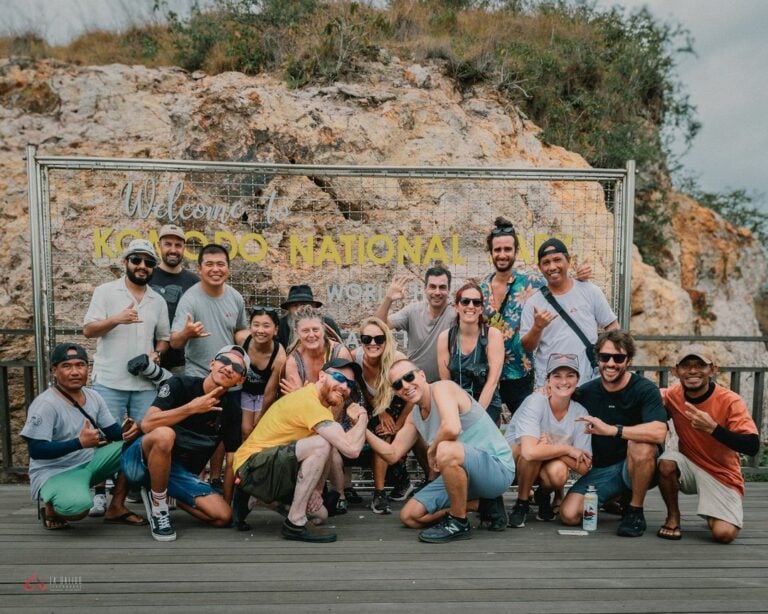The tourism operators of Labuan Bajo can breathe a sigh relief now that the Komodo National Park in eastern Indonesia, listed by UNESCO, is no longer a secret. Sandiaga Uno, Indonesia’s tourism minister, has rescinded a long-circulated government proposal that would have dramatically increased admission charges from Rp 3,75 million to US$240 per person. In his latest weekly press conference on Monday, the official said that “we guarantee there will be zero increase in tariffs. We will prioritize safety and comfort for tourists.” The entry fee will remain Rp 150,000. (just under US$9) on weekdays, and Rp 225,000 (about US$14.50) on weekends and holidays. Indonesian tourists continue to pay between Rp 5,500 and Rp 7,500, depending on the time of their visit.
The proposed fee increases have sparked the anger of local tourism operators, who claim that hundreds of bookings were canceled as a result of the changes. According to a report by The Diplomat UNESCO requested that Indonesia stop government-led developments within the park’s boundaries. Construction work to expand visitor facilities is ongoing, but recent rezoning has reduced the protected wilderness area of the park by two-thirds.
Komodo National Park controversy is one of many controversies that has affected Indonesia’s tourism industry, even as it seeks to recover from the pandemic. After a public uproar, plans were quickly dropped to increase ticket prices at the famous Borobudur Temple, another UNESCO World Heritage Site, to US$100 per person for foreign visitors and Rp 755,000 (US$48 for domestic tourists).
Officials have recently sought to reassure tourists that the newly ratified update of the Indonesian Criminal Code will not pose any risks to foreign visitors in Bali. This is after international media reported about its passages criminalizing sexual activity outside of marriage and cohabitation between unmarried partners. Bali Governor Wayan Koster issued a statement last week explaining that only cases reported by the parents, spouses, or children of those involved could be prosecuted. Hotels on the island will not ask guests about their marital status at check-in.





